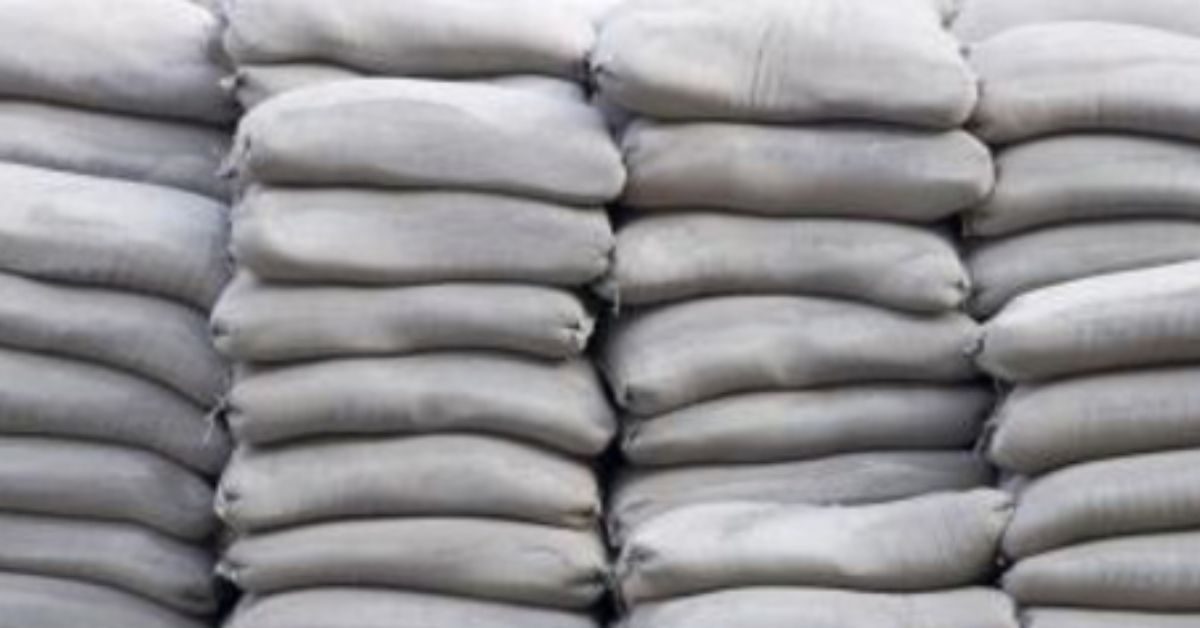A dozen Nepali cement manufacturers are awaiting India’s nod to export their products, which the southern neighbour has barred for import since January. Manufacturers said it has been nearly a year since India stopped issuing the IS mark to Nepali cement citing no apparent reason. The stamp certifies that Nepali cement meets the requirements of the Bureau of Indian Standards.
According to the Cement Manufacturers Association of Nepal, a dozen Nepali cement factories have applied for the certification to make their products eligible for export, particularly to India. “Normally, the IS mark should be approved within two months after the application is processed,” the association said.
“We met officials in the industry, finance and foreign ministries [of India] and the Indian ambassador to Nepal and appraised the issue. As usual, they make promises to look into the matter, but there is no development so far,” said Dhruba Raj Thapa, president of the association. “This issue needs to be resolved through talks as soon as possible as it hurts the cement export,” he said. An official at the Ministry of Industry, Commerce and Supplies in Kathmandu said they are aware of the issue. “We will raise the issue in the soon-to-be-held bilateral talks.”
Nepali cement companies said they had not been formally informed about why they were not receiving the IS mark. Manufacturers say that the Ministry of Commerce and Industry of India had ordered the halt to the IS mark issued to Nepali cement brands, but there is no apparent reason behind it.
Nepal started exporting cement to India officially in July 2022. Three manufacturers—Palpa Cement, Arghakhanchi Cement and Balaji Cement—currently sell their products in India. The Nepal government is providing an 8 percent cash subsidy to cement producers who export them. The offer has encouraged cement manufacturers to export their products to the Indian market.
The Nepal Trade Integrated Strategy (NTIS) 2023 also covers cement for its export potential. According to the Department of Customs, Nepal exported 1.12 million tonnes of Portland cement worth Rs741.73 million in the first five months of the current fiscal year until mid-December.
In the last fiscal year, Nepal exported 607,073 tonnes of cement for Rs358.95 million. The export of cement clinker, a solid material to produce Portland cement, has also increased. Nepal exported 202,109 tonnes of clinker cement worth Rs750.62 million in the first five months of the current fiscal year. It was 2,253 tonnes worth Rs17.50 million in the same period last fiscal year.
Industry insiders say that Indian cement manufacturers might have persuaded the Indian government to halt imports of Nepali cement to protect the domestic industry. Nepal’s cement manufacturers said that quality is not an issue. Nepali cement uses stricter parameters for cement production than in India, manufacturers said.
For instance, the content of magnesium oxide or magnesia allowed in cement is a maximum of 5 percent while in India the maximum is 6 percent, they said. According to manufacturers, the percentage of fly ash allowed to be mixed in Portland Pozzolana Cement made in India is 35 percent while the maximum limit for Nepali cement is 25 percent. Manufacturers said that such strict parameters make Nepali cement better than the Indian product.
According to the association, without hassles, Nepal has the potential to export Rs150 billion worth of cement annually. The domestic cement industry has Rs300 billion in total investments and provides 15,000 jobs. Manufacturers said that after the Nepal Electricity Authority started cutting power to cement factories, citing payment issues, production has declined. Some plants have been shut down as a result.








